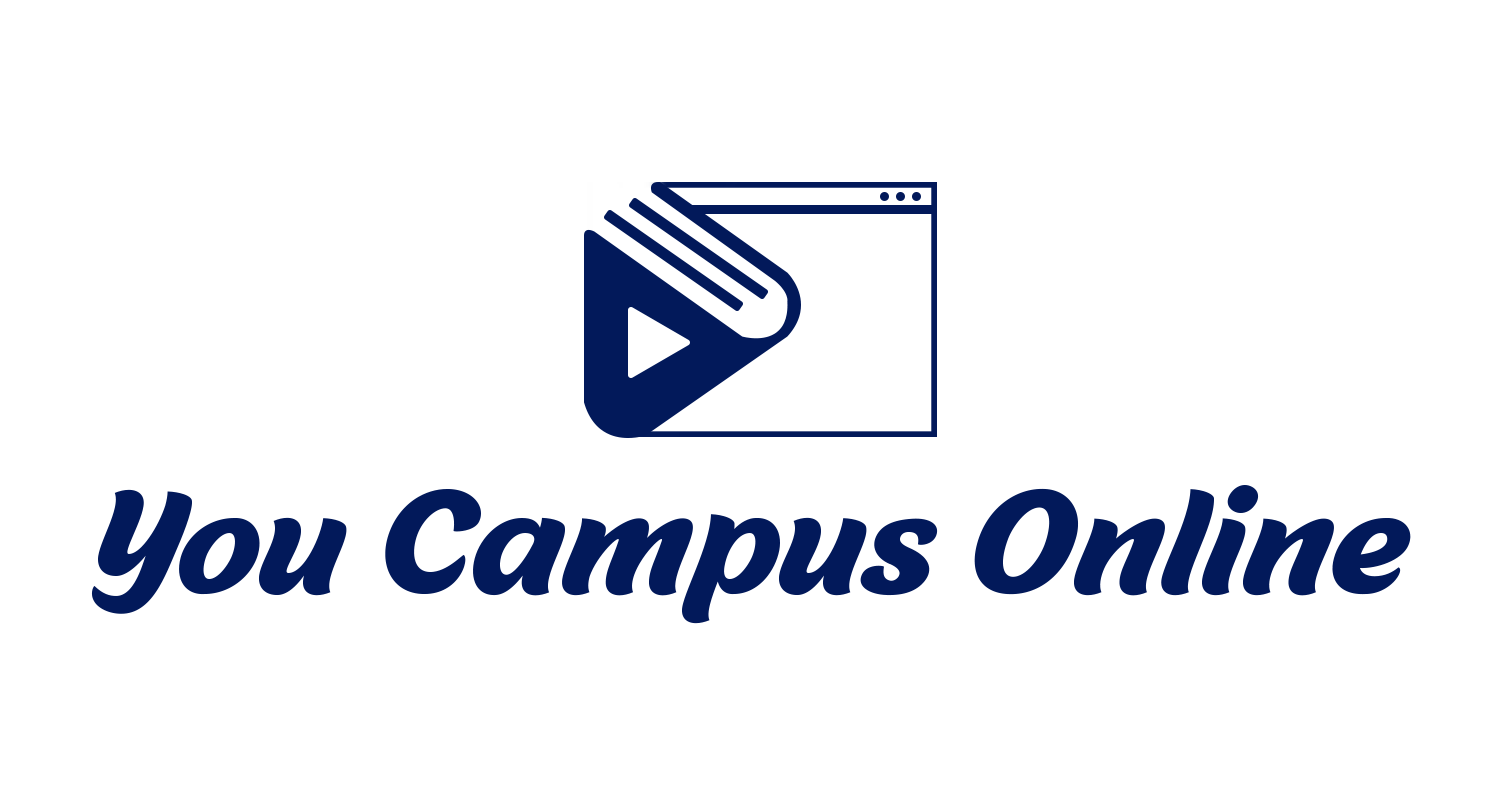In today’s digital age, the education landscape is undergoing a significant transformation, and the integration of technology plays a pivotal role in this evolution. One of the most notable advancements in the field of education technology is the emergence of SaaS-based Learning Management Systems (LMS). These innovative platforms have revolutionized the way educational institutions, especially those within the school-based ecosystem, deliver and manage their learning programs. In this article, we will explore the significance of SaaS-based LMS in a school-based ecosystem learning environment.
Understanding SaaS-Based LMS
Before delving into the advantages of SaaS-based LMS in the School Based ecosystem learning, it’s essential to grasp the concept. SaaS stands for Software as a Service, a cloud-based model that provides software solutions on a subscription basis. A SaaS-based LMS, therefore, is a web-based learning management system that schools can access through the internet on a subscription model, eliminating the need for costly on-premises installations.
Streamlining Education Processes
SaaS-Based LMS platforms offer a plethora of features designed to streamline education processes within a school-based ecosystem. These systems provide a centralized hub where educators can create, manage, and deliver course content, assignments, and assessments. Students can access these resources from anywhere with an internet connection, promoting flexibility in learning.
Enhanced Collaboration and Communication
Effective communication and collaboration are vital components of a flourishing school-based ecosystem. SaaS-based LMS platforms incorporate tools such as discussion forums, chat features, and real-time messaging, fostering interaction among students, teachers, and administrators. This enhanced communication enables a more dynamic and engaging learning environment.
Personalized Learning Experiences
One of the standout benefits of SaaS-based LMS in a school-based ecosystem is the ability to tailor learning experiences to individual students. These platforms often include features for tracking student progress and performance, allowing educators to identify areas where students may need extra support. Adaptive learning algorithms can suggest personalized content and activities based on a student’s strengths and weaknesses, ensuring that learning is optimized for each individual.
Efficient Administrative Tasks
Administrative tasks can be time-consuming and cumbersome for educators and school administrators. SaaS-based LMS platforms offer automation features that simplify many of these tasks. This includes grading, attendance tracking, and generating reports. By automating these processes, educators can focus more on teaching, and administrators can gain better insights into school performance.
Scalability and Accessibility
SaaS-based LMS platforms are highly scalable, making them suitable for schools of all sizes within a school-based ecosystem. Whether it’s a small, local school or a large international institution, these platforms can accommodate the needs of each. Additionally, the cloud-based nature of these systems ensures accessibility from various devices, making learning accessible to students regardless of their location.
Cost-Effective Solutions
Traditional LMS systems often require significant upfront investments in hardware and software licenses. SaaS-based LMS, on the other hand, operates on a subscription model, reducing the initial financial burden on schools. This cost-effectiveness makes it a viable option for educational institutions with limited budgets, enabling them to access cutting-edge technology.
Conclusion
SaaS-Based LMS platforms have emerged as a game-changer in the realm of education, particularly within the school-based ecosystem. They offer a holistic approach to education, enhancing collaboration, personalizing learning, and simplifying administrative tasks. Moreover, their scalability, accessibility, and cost-effectiveness make them an attractive choice for educational institutions of all sizes and budgets. As the digital transformation of education continues to unfold, SaaS-based LMS will undoubtedly play a crucial role in shaping the future of learning. By harnessing the power of technology, schools can create dynamic, engaging, and effective learning environments that prepare students for success in the 21st century.

